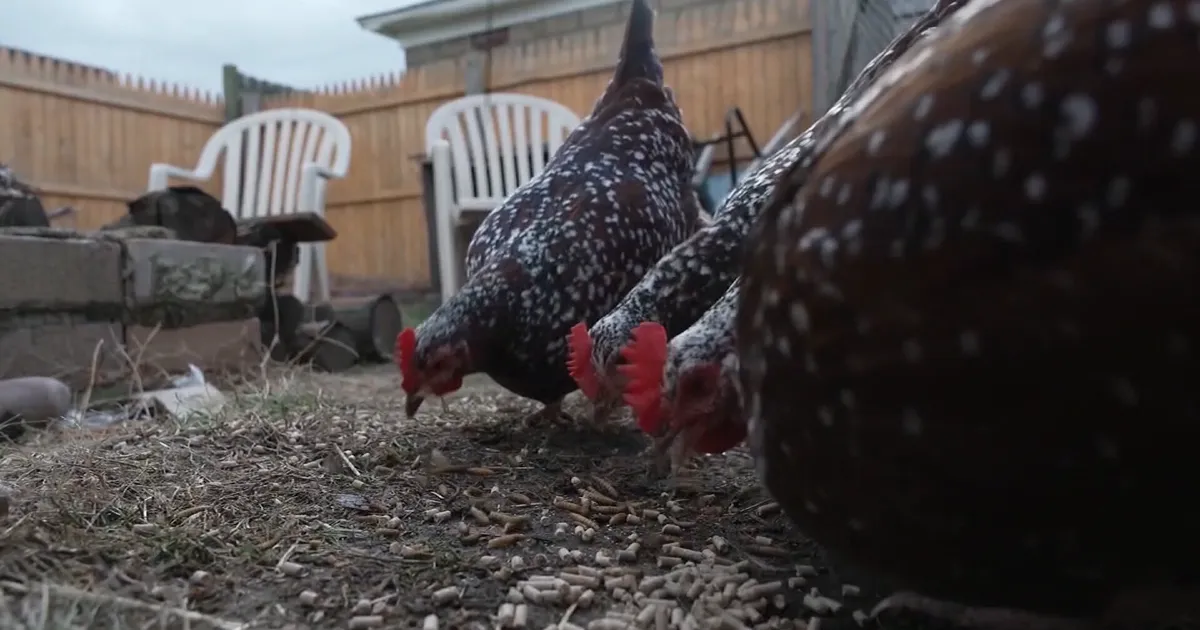
A Dare County resident faced the unfortunate decision to sacrifice their backyard chickens after the birds tested positive for the bird flu. The North Carolina Department of Agriculture and Consumer Services announced this alarming news on Monday, highlighting the ongoing threat posed by the highly pathogenic avian influenza H5N1, commonly referred to as bird flu.
This strain of the highly pathogenic avian influenza (HPAI) virus is primarily transmitted by wild birds, which can infect domesticated chickens and other poultry. Fortunately, health experts at the U.S. Centers for Disease Control and Prevention (CDC) have indicated that this type of avian influenza poses a low risk to humans. Despite this, the virus remains highly contagious among birds, necessitating vigilance among commercial and backyard flock owners.
Dr. Mike Martin, the state veterinarian, emphasized the importance of stringent biosecurity measures. He stated, “It is likely that HPAI remains in our resident wild bird population and in migratory waterfowl, so reports of positive backyard flocks will likely happen on occasion.” Dr. Martin urged flock owners to report any sudden increase in mortality rates to their local veterinarians or the N.C. Department of Agriculture Veterinary Division at 919-707-3250.
In response to the recent outbreak, the state has mandated the euthanization of the flock of chickens that tested positive for bird flu to prevent further spread of the virus. This decisive action underscores the seriousness of the situation, as the health of both domestic and wild bird populations is at stake.
The threat of bird flu is not new to North Carolina. Earlier this year, in February, a great horned owl tested positive for the virus in Wake County. This case was confirmed by a spokesperson for the North Carolina Wildlife Resources Commission, who noted that one hawk and several geese were also found dead in the vicinity. This marked the first detection of bird flu in Wake County since 2023.
In addition, in January, two commercial turkey operations in Sampson County and a layer operation in Hyde County reported cases of bird flu, further raising concerns among poultry farmers and flock owners across the state.
Despite the outbreaks, health officials reassure the public that the HPAI virus does not pose a food safety threat. Infected birds do not enter the food supply, allowing consumers to continue enjoying poultry products without concern. The focus remains on controlling the spread of the virus among bird populations to safeguard both animal and public health.
In summary, the recent cases of bird flu in North Carolina serve as a reminder of the virus's ongoing presence and the importance of biosecurity in protecting both backyard and commercial flocks. Flock owners are advised to remain vigilant and report any unusual changes in their bird populations promptly.